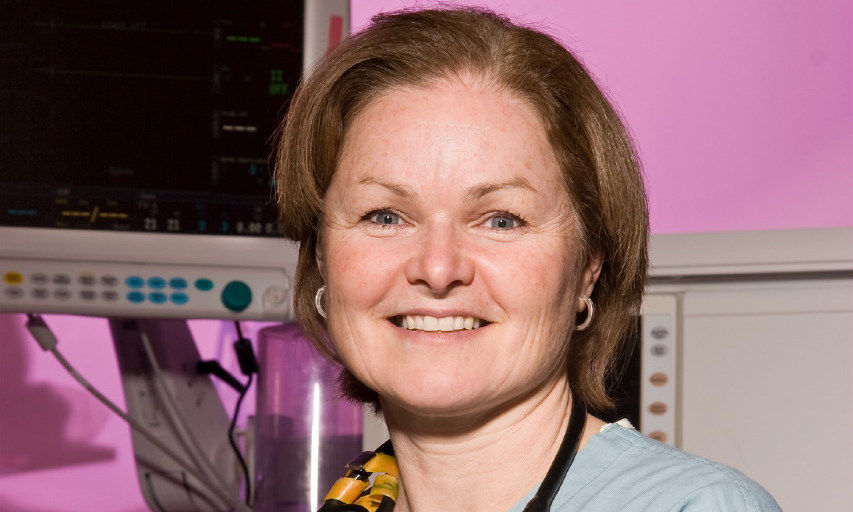How the latest research may one day prevent delirium in patients
Dr. Beverley Orser, is the co-director of research in the department of anesthesia at Sunnybrook Health Sciences Centre, co-founder of the Perioperative Brain Health Centre and chair of the department of anesthesia, University of Toronto.
Dr. Orser is investigating safe ways of preventing delirium in patients. Delirium is a state of mental confusion that develops acutely. It is unexpected, and while temporary, it can last for days and is associated with cognitive changes that last for weeks.
Postoperative delirium occurs in 10 per cent or more of patients, particularly those who are older and sicker. After surgery, exposure to anesthetic drugs can result in confusion and potentially longer-term memory loss and other cognitive deficits. A person may seem confused, suspicious, aggressive, or simply not acting like themselves. Although the effects of delirium are usually temporary, cognitive deficits including memory loss can last for several weeks and are associated with poor outcomes and even increased mortality.
Dr. Orser’s latest study identifies the mechanisms by which delirium may be prevented by the drug dexmedetomidine. These results may lead to increased use of the drug and potential new treatments. Dr. Orser’s study is now available online in the journal Anesthesiology.
View the full study and read a Q&A with Dr. Bev Orser about this new research.
Learn more: What is delirium infographic
Click the image to expand

View a plain-text version of the infographic »
Delirium:
- Disturbance in consciousness with reduced ability to focus, sustain, or shift attention
- Change in memory, language or orientation, or development ofa perceptual disturbance not explained bya pre-existing, established, or evolving dementia
- Disturbance develops over a short period of time (usually hours to days) and tends to fluctuate during the day
- Caused by direct physiological consequences of a general medical condition
Delirium by the numbers:
- 12-51% post-operative
- 19-82% intensive care
- 20-56% nursing home
- 47% palliative care
- 27% stroke units
- 8-17% emergency room
Risks
Delirium increases:
- odds of dying in hospital by 2-4X
- odds of dying within 6 months by 2.5-5X
- length of hospital stay by 2X
- risk of being re-admitted to the hospital by 2X
- rates of cognitive decline and dementia up to 41X
Delirium is expensive:
- it costs one Toronto hospital an estimated $17 million dollars a year from 'increased length of stay' alone
Delirium can be prevented:
- 30-40% of delirium cases can be prevented
Using the CHASM care plan for the prevention and management of delirium, a series of interventions in the following areas:
C - Cognition and perception
H - Hydration
A - Agitation
S - Sleep-wake cycle
M - Mobility
Brought to you by the:
Perioperative Brain Health Centre at Sunnybrook



